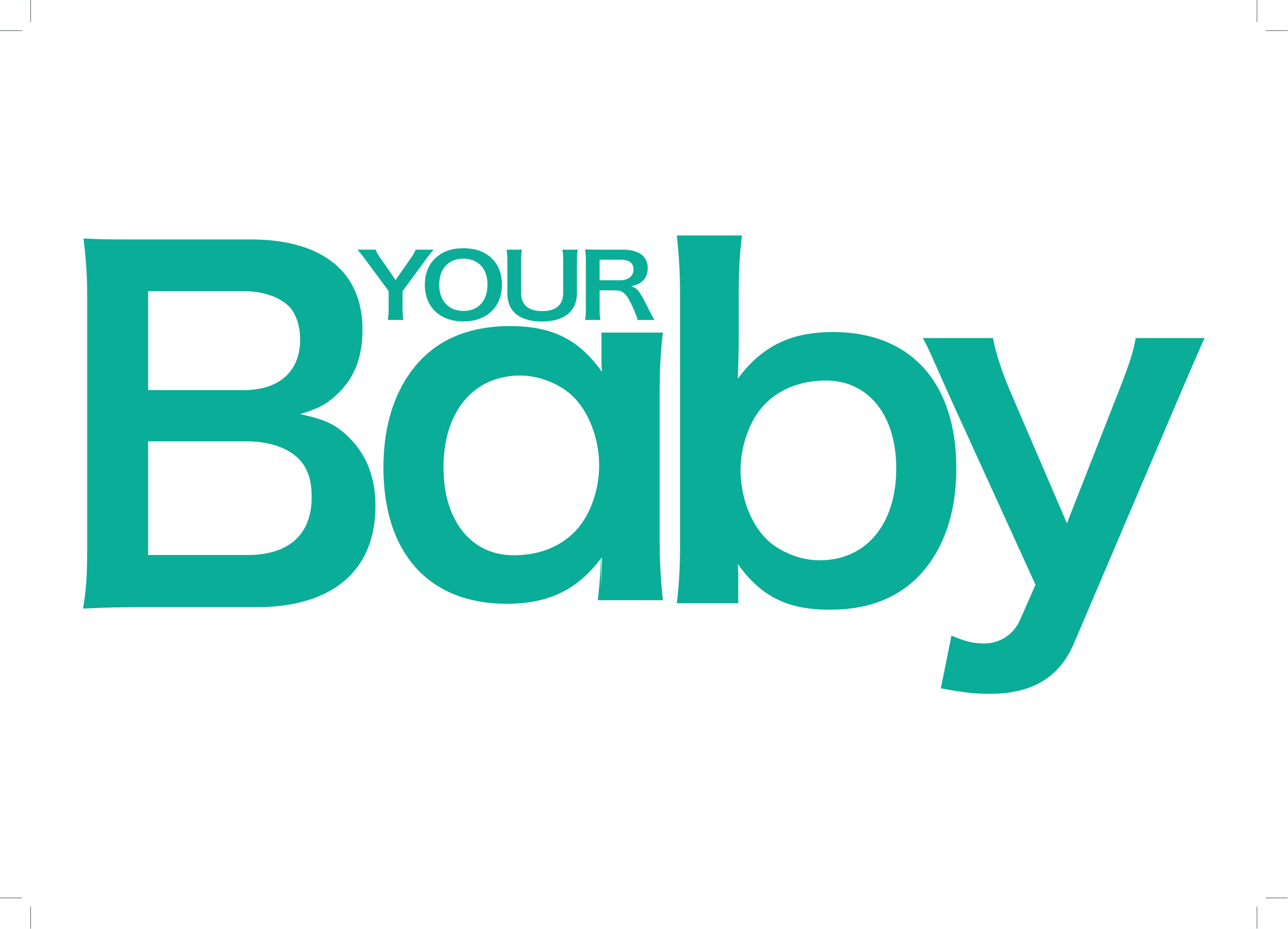
It’s very common for young babies to give a good burp after feeding and then bring up a little milk. This is known as posseting and because it’s so common, most mothers keep a burping cloth on hand to mop up spills.
But if your baby regularly brings up large amounts of milk after feeds, she could be suffering from reflux. Reflux means that small amounts of the stomach contents come back up into the oesophagus and even into the mouth. The full name for this is gastro-oesophageal reflux disease (GERD).
The diaphragm is the muscle that separates your baby’s chest cavity from her abdominal cavity. As the oesophagus passes through the diaphragm, the diaphragm acts like a protective valve, stopping the stomach’s contents from going back up the oesophagus again. This valve mechanism is referred to as a sphincter. However, in babies, the sphincter action of the diaphragm isn’t fully developed when they are born. The sphincter becomes stronger during the first year of life and reduces the chance of reflux occurring.
About half of babies experience reflux but only in a small percentage of these is it a real problem. At the age of 10 months the number decreases to about one in 20 babies.
You should speak to your doctor if your baby’s reflux is happening more than five times a day on a regular basis; if your baby cries excessively after feeds; if she vomits regularly; and if she coughs a lot.
To treat reflux at home, try a simple measure like holding your baby in an upright position for 20 minutes after each feed, and elevating the head of her mattress slightly. You can also try giving smaller more frequent feeds.
If the reflux is severe consult your doctor, who will probably prescribe feed thickeners or antacids, available on prescription only. You might be advised by your doctor to stop the medication every once in a while to check whether your baby’s digestion has improved.
Most babies will suffer the more minor symptoms, without complications. In severe cases, the following might occur:
- Your baby’s condition doesn’t improve after consulting your doctor.
- There is blood in her vomit.
- She starts to become anaemic.
- She has a persistent cough or frequent chest infections, which seem to be due to the regurgitation.
- Your baby fails to gain weight or begins to refuse her food.
- She has difficulty swallowing.




 Publications
Publications
 Partners
Partners














